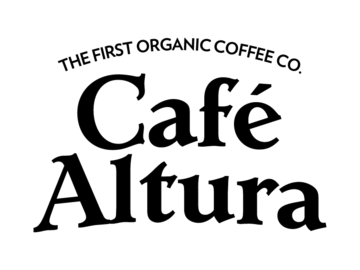What Makes a Great Coffee Roaster?

Unfortunately, the number of truly great roasters is far out weighed by the number of organizations that lack experience and knowledge. In this article we aim to briefly touch on some of the most important factors a shopper should consider before deciding on a particular roaster.
Beans
There are two main types of coffee plants: Robusta and Arabica. Robusta coffee is substantially cheaper, is considerably lacking in flavor, and is grown on large, flat-land plantations. Robusta is often used as a blending agent by companies aiming to lower the cost of their coffees due to the large variation in price when compared to better quality Arabica beans.
Arabica coffee plants are grown at higher altitude in more remote locations, take longer to produce coffee cherries – allowing for a more complex flavor but lower yield – and are grown under partial sun canopies making harvesting a challenge. The shade offered by larger trees is only one of the benefits they provide. The trees serve as home for a plethora of insects, birds and other wildlife. Café Altura uses only 100% Organic Arabica coffee and never blends Robusta into its products.
Even though companies may use 100% Arabica beans in their products, these beans are often purchased from a broker ‘sight unseen’ with only the most obvious defects being noticed before roasting. Café Altura has purchased certain coffees from the same farmers for three decades and we chose them for the care and expertise in both preparation and the quality of their coffee.
Café Altura does purchase certain coffees from a brokerage firm; however, we work with a buyer who began working in the industry as a farm inspector for the organic certification process and we have worked diligently over the years to establish a relationship of trust and one where our broker knows and cares about our brand and the quality we demand.
Roasting
Once a customer has determined that a roaster uses 100% Arabica coffee beans, the next consideration is the roasting process. Over the past few decades, hundreds of micro-roasters have started up around the country with many roasting ‘to order’ for their customers. Café Altura and other micro roasters have little warehoused inventory and, instead, only roast their customer’s coffee at the time of purchase or at most a few days in advance.
Unlike some of the micro roasters, Café Altura has invested heavily in a vacuum packaging machine which not only removes the oxygen from the package but also flushes the package with nitrogen as an added process to ensure freshness. Lack of vacuum packaging does not present a problem if a consumer plans on using the coffee within four or five days of roasting, but anything beyond that point will negatively affect the coffee.
Company
Apart from the type of coffee and how it is roasted, another consideration for customers is the company itself. With relatively little knowledge and minimal investment, an individual can began roasting their own brand of coffee. The term ‘master roaster’ is used carelessly and is not a claim overseen by any organization. Customers should spend some extra time ‘vetting’ a new coffee roaster before taking the plunge into high quality organic coffee.
The growth of the micro roaster business in the US has resulted in an abundance of true master roasters but not all who make that claim demonstrate the care and attention it warrants. Café Altura is family owned and has been in business since 1979. Café Altura is a pioneering company in the world of organic coffee and has been in business since the beginning of the industry in the US. Our customer service, satisfaction guarantee and over three decades of organic roasting experience are evidence of our passion for great organic coffee.
(image credit: JellyEater)
